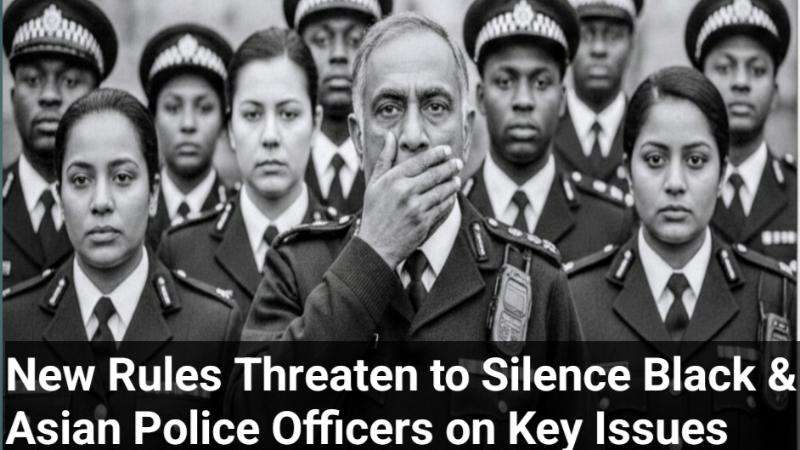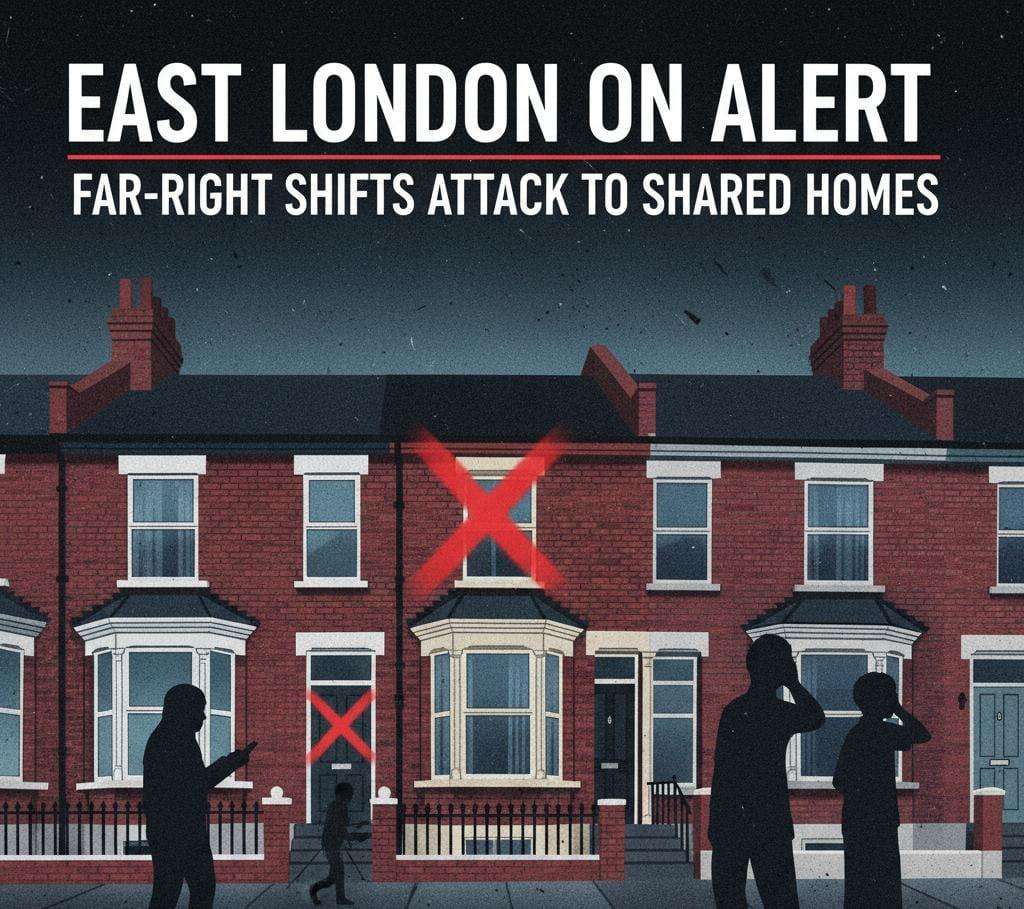Fears are escalating that shared housing, known as Homes of Multiple Occupation (HMOs), is becoming the new focus of anti-migrant activism in the UK, driven by far-right agitation and a deliberate spread of misinformation. Charities warn that the shift in targeting from dedicated asylum hotels to less secure residential properties significantly raises the risk of hate crimes against all ethnic minority communities, not just asylum seekers.
Why Anti-Migrant Activists Target Rental Homes
The primary reason for the shift in focus to HMOs is the government's promise to close dozens of asylum hotels and move asylum seekers to other forms of accommodation, such as military barracks. Having successfully mobilised protests outside hotels throughout 2024, far-right groups and so-called "migrant hunters" are now redirecting their efforts.
HMOs, defined as properties housing three or more tenants with shared facilities, are targeted for several key reasons:
Perception of Housing Asylum Seekers: While HMOs house a mix of students, young professionals, and those on tight budgets, activists spread unverified rumours and social media messages urging action against those thought to be accommodating asylum seekers.
Lack of Security and Transparency: Unlike hotels with some level of on-site security and support, HMOs are ordinary residential properties. This makes residents significantly more vulnerable to street attacks and harassment, which are often less likely to be reported, as highlighted by Louise Calvey of Asylum Matters. The lack of transparency from private companies like Serco, which lease hundreds of HMOs for asylum accommodation without informing local communities, fuels misinformation.
Community Tension Narrative: Activists exploit existing local frustrations about the proliferation of HMOs, which some residents complain lead to increased noise, pressure on local services, and a perceived negative impact on house values. By linking HMOs to asylum seekers, activists weaponise these existing community concerns.
Communities Most Targeted and Affected
While the activism is explicitly focused on properties rumoured to house asylum seekers (who primarily hail from countries like Albania, Afghanistan, and Iran), charities caution that the consequences affect a much wider group.
Risk to All "Racialised People": Louise Calvey warns that the "fearmongering around HMOs, risks hate crime against all racialised people." The lack of precise targeting means that any visibly ethnic minority individual or household living in an HMO could be mistakenly targeted for harassment or attack.
British Bangladeshi, British Muslim, and British South Asian Communities: These communities, particularly those who live in areas with a higher density of HMOs or in lower-cost private rental accommodation, face an increased risk. Historically, they have been the primary targets of far-right anti-immigrant and anti-Islam rhetoric and violence. The new focus on residential properties puts people who have lived in the UK for generations at risk based on their appearance.
Targeted Areas in the UK
Anti-migrant protests have been widespread across the UK, though the most volatile incidents of far-right mobilisation have been concentrated in areas outside major urban centres with less diverse populations, such as Warrington (Cheshire), Bolton, Rotherham, and Tamworth, where asylum hotels were targeted and attacked in 2024.
East London Boroughs (Tower Hamlets, Newham): East London, with its long-established and large British Bangladeshi and British Muslim communities, is a historic and repeated target for far-right activity.
While the initial protests targeting asylum hotels in 2024 were concentrated elsewhere, far-right activists have made attempts to bring their marches into diverse areas like Tower Hamlets and Canary Wharf, as publicly condemned by Tower Hamlets Mayor Lutfur Rahman.
The region’s large population of South Asian communities, combined with the high number of people in privately rented and shared accommodation, makes boroughs like Tower Hamlets and Newham vulnerable to being the next flashpoints as the targeting shifts from hotels to residential HMOs.
A Call for Action
The alarming rise in hate crime reports near HMOs, driven by baseless rumours and inflammatory political claims, necessitates urgent action. With an estimated 182,554 HMOs in England and Wales, and growing speculation that the government may increase their use for asylum seekers, campaigners are calling for:
Government Transparency: Demands, such as those made by Labour MP Phil Brickell (Bolton West), for companies like Serco to be transparent with local communities about where asylum seekers are housed.
Clear Exit Strategy: Calls to tackle the asylum claims backlog and allow asylum seekers to work, reducing the reliance on temporary, vulnerable accommodation like hotels and HMOs.
Charities stress that the current environment risks turning affordable rental housing into a crucible for anti-immigrant violence, with racialised minorities—including long-term British residents—bearing the brunt of the hostility.








.svg)
